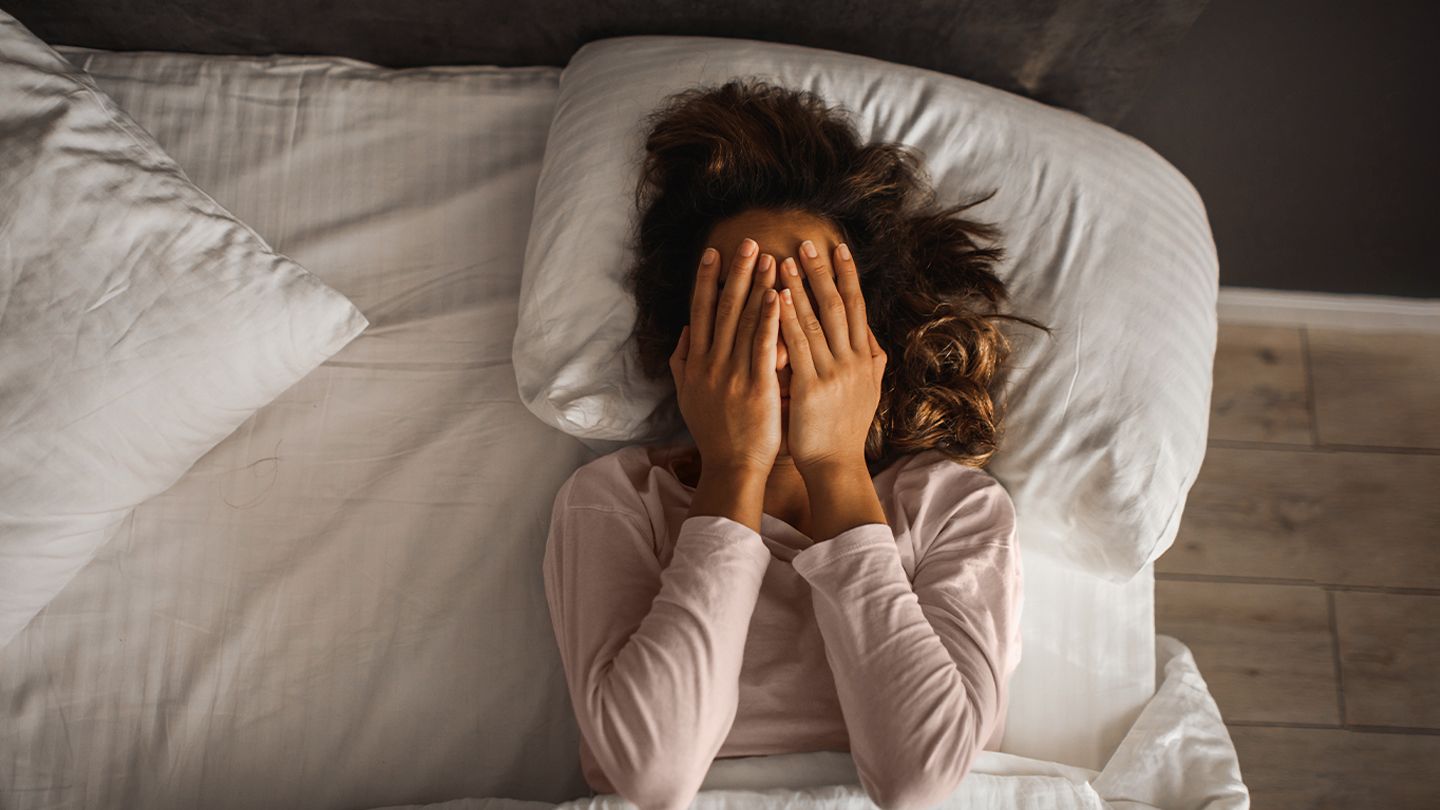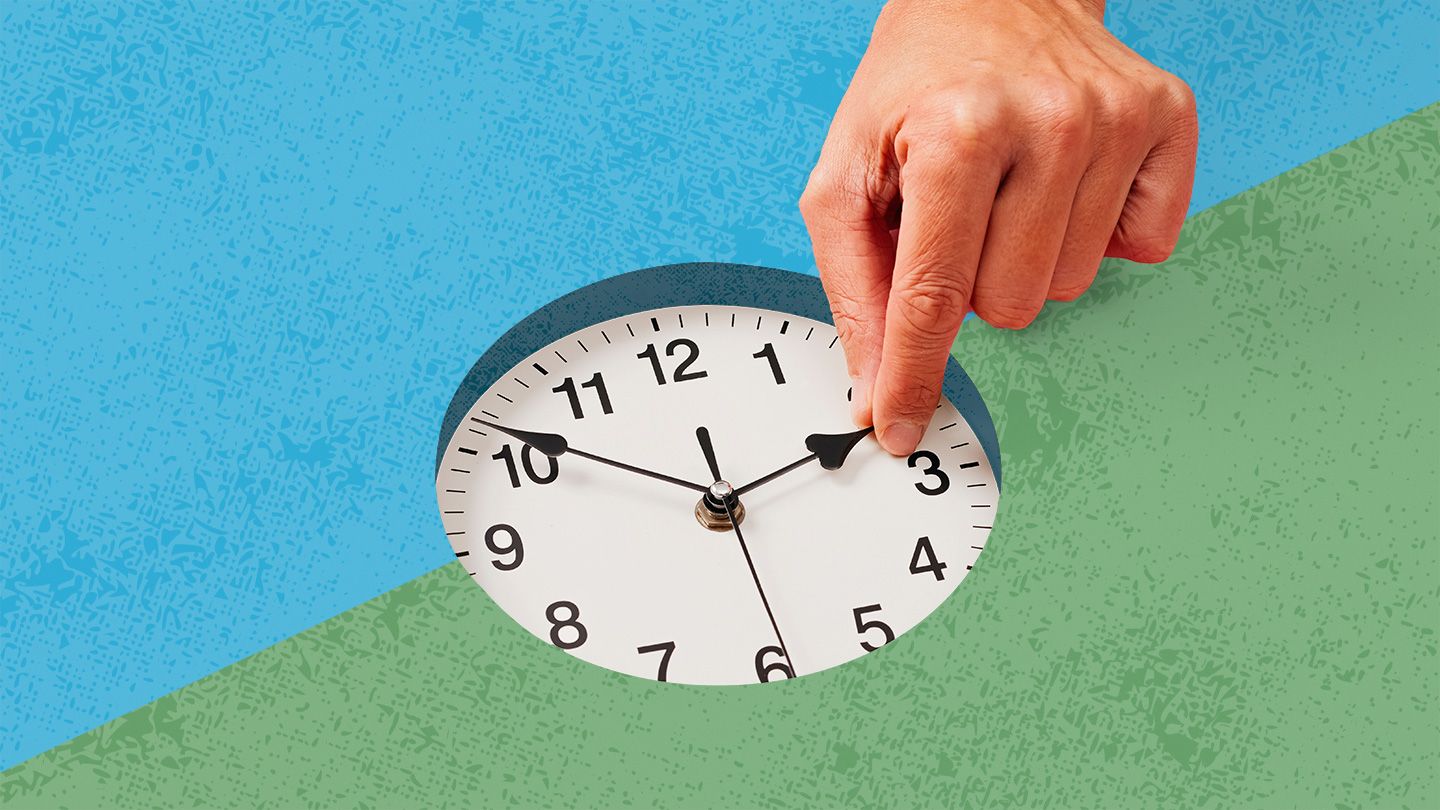
Can You Cry in Your Sleep?
Crying during sleep is possible in some cases. Though tears can't flow while in REM sleep, certain sleep disorders and medical conditions may cause someone to wake up feeling like they've been crying or with a wet face from tears.
Crying in Non-REM vs. REM Sleep
There are two main sleep stages: non-REM (NREM) and REM (rapid eye movement) sleep. Non-REM encompasses light to deep sleep stages while REM is when dreaming occurs.
During non-REM sleep, some tear production and eye movement is possible. So you may experience a bit of tearful discharge while asleep or wake up with crusty eyes from dried tears. However, it's unlikely you would fully cry and produce streams of tears while in light to deep NREM sleep.
In REM sleep when dreaming is most vivid, your body is essentially paralyzed except for your eyes and breathing muscles. This temporary muscle paralysis prevents you from physically acting out dreams. Tear production is also suppressed so you do not cry during REM sleep.
Disorders That Cause Crying During Sleep
There are some sleep disorders that can result in episodes of wakeful crying at night:
- REM sleep behavior disorder: This causes people to physically act out vivid dreams as muscle paralysis doesn't occur. They may cry out or shed tears while dreaming.
- Night terrors: These frightening episodes jar someone awake suddenly. They may scream, appear fearful, sweat, and occasionally shed tears while experiencing a night terror.
- Sleepwalking: Some intense sleepwalking episodes trigger crying or screaming. The person remains asleep and unaware of their actions.
- Catathrenia: Rarely, this sleep disorder causes people to groan or weep loudly while exhaling during sleep, often waking themselves and/or their bed partner.
In these cases, crying during sleep is tied to partial arousal and waking rather than occurring in the midst of deep slumber. The tearful expressions accompany the awakening event.
Medical Causes of Sleep Crying
Certain medical conditions may also provoke tearfulness at night:
- Night sweats: Profuse sweat from hormonal changes, infections, medications, or anxiety can cause you to wake up damp. This may feel similar to crying.
- Depression: Feeling down can lead to tearfulness at night and waking up with a wet pillow.
- Anxiety: Worrisome thoughts stirring stress hormones can trigger tears that you don't recall crying as you were falling asleep.
- Allergies: Itchy, irritated eyes from indoor allergens may water excessively at night, leaving your eyes or face puffy and tear-stained.
- Pink eye: Eye infections cause pus and discharge that can crust your eyes at night, similar to dried tears.
If you have chronic uncontrolled crying spells at night or often wake up feeling tearful for no reason, consult your doctor to identify any underlying medical conditions.
Common Causes of Waking Up Crying
While you can't truly cry while asleep, here are some common causes of waking up in tears or feeling like you've been crying:
Upsetting Dreams
Having an intense, vivid dream with disturbing or frightening content can cause you to awaken suddenly in a distressed, tearful state even if the dream itself didn't actually make you cry.
Dream content that may trigger this reaction includes:
- Arguments, conflict, anger, or violence
- Replaying emotional real life events
- Failing at tasks
- Chasing, being chased, or danger
- Infidelity
- Running late
- Death of loved ones
Upon waking, you may continue shedding some tears as your mind processes the dream experience leading to emotional release.
Sleep Disorders
We've covered how night terrors, sleepwalking, REM sleep behavior disorder and catathrenia can all trigger tearful expressions during sleep. You may wake up feeling you've been crying hard from these intense sleep disruptions.
Underlying Health Issues
Allergies, infections, anxiety, depression, hormones, grief and chronic illness can all contribute to tearful sleep episodes. Treating the root cause is key to reducing sleep crying.
Medication Side Effects
Some medications list increased tear production or emotionality as potential side effects. If you've recently started a new medication, look out for random crying spells at night.
Alcohol Consumption
Drinking alcohol before bed can lower inhibitions and magnify emotions. You may be more likely to shed tears as you fall asleep after consuming alcohol. Dehydration from alcohol can also irritate eyes.
What to Do If You Wake Up Crying
Here are some tips for handling episodes of waking up in tears:
Journal It Out
If you wake up crying after an intense dream, journaling it out can help diffuse emotions and process the dream content. This also documents dreams to discuss later with a sleep specialist or therapist.
Practice Calming Rituals
Try simple self-soothing techniques like mindful breathing, meditation, listening to calming music or having a cup of herbal tea when you wake up upset from dreams.
Evaluate Triggers
Look back at any life stressors, new medications or sleep schedule changes that occurred in the days before waking up crying. Identifying potential triggers helps prevent recurrences.
Ask a Partner
If you sleep with a partner, ask them to gently wake and comfort you if they hear you crying or getting upset in your sleep.
Follow Up With Your Doctor
Recurring unexplained episodes of waking up in tears warrant a discussion with your healthcare provider to diagnose or rule out underlying conditions.
When to Seek Help
Occasional instances of waking up crying or teary-eyed don't necessarily require immediate care. However, reach out for help if:
- It happens frequently (more than 1-2 times per week)
- Your sleep quality suffers
- Episodes last over 30 minutes
- Symptoms persist longer than 2-3 weeks
- Crying spells disrupt relationships or daily function
- You hurt yourself or others while crying at night
- Daytime mood, focus or performance declines
A sleep doctor can help identify sleep disorders that may cause tearful sleep episodes. A mental health professional can address underlying conditions like depression, anxiety and grief contributing to night crying.
Preventing Sleep Crying
Proactively reducing episodes of waking up crying involves:
- Getting 7-9 hours of quality sleep nightly
- Following a consistent sleep schedule
- Reducing alcohol before bed
- Managing stress through relaxation practices
- Cognitive-behavioral therapy for recurrent bad dreams
- Treating medical issues causing sleep disturbances
Implementing good sleep hygiene provides the best foundation for peaceful, tear-free sleep. But don't hesitate to seek medical advice if disruptive sleep crying persists.
FAQs
Is it normal to wake up crying?
Occasionally waking up crying from an intense dream is normal and not a cause for concern. But frequently waking up in tears may indicate an underlying sleep disorder or health issue.
Can anxiety cause you to wake up crying?
Yes, anxiety can cause nighttime tearfulness. Anxiety stirs up emotion and stress hormones that may spontaneously release through crying upon waking.
Can babies cry in their sleep?
Babies can cry in light, active sleep but generally not in deep REM sleep. Crying during sleep may indicate issues like reflux, hunger, or needing comfort.
Is waking up gasping for air serious?
Gasping for air on waking is not normal and may indicate sleep apnea or heart problems. This symptom warrants medical evaluation.
Can allergies cause watery eyes at night?
Yes, indoor allergens like dust mites and pet dander can irritate eyes and cause watery discharge at night making you feel like you've been crying.

